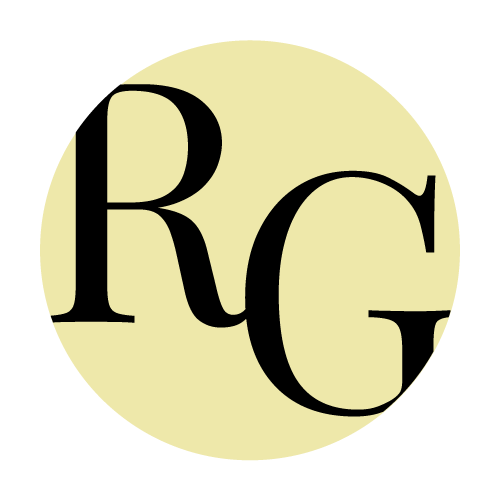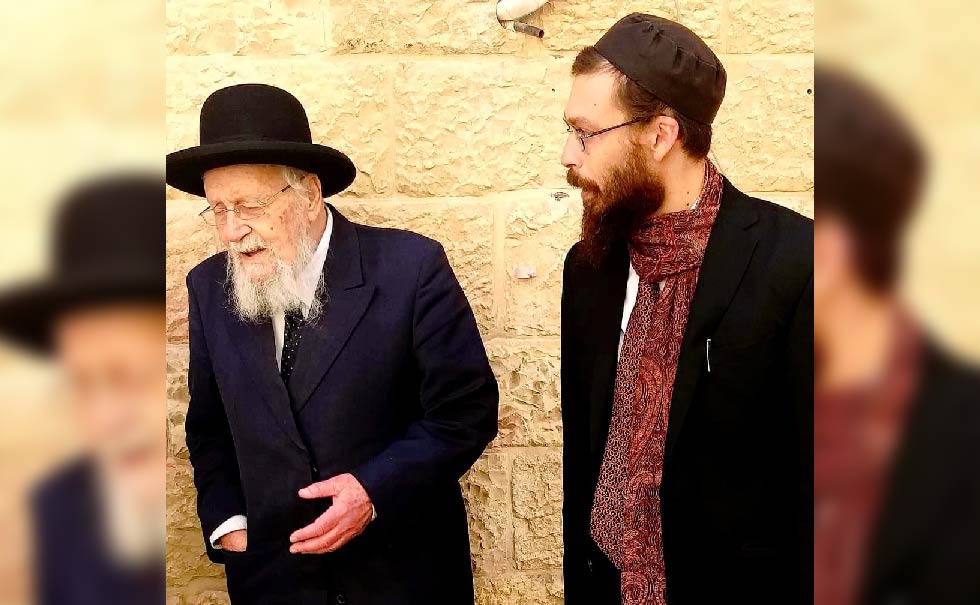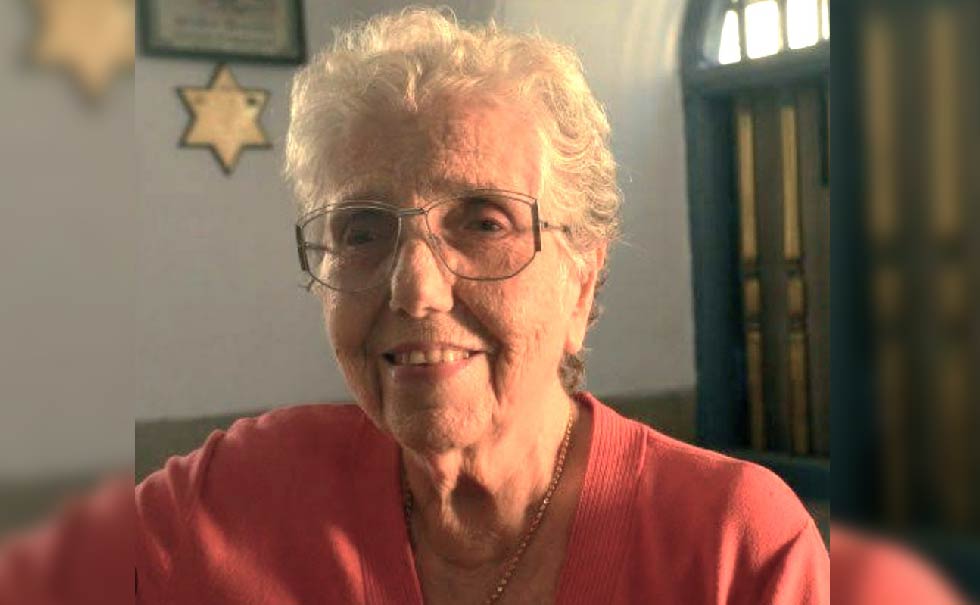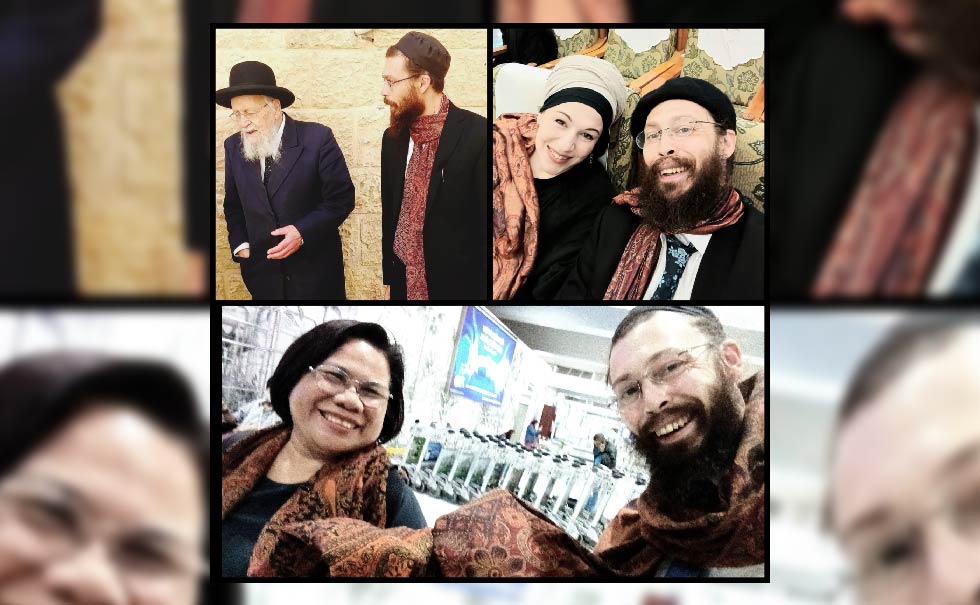Yom HaShoah
It was several years ago, I was travelling for Kashrut work and I received a phone call from a old friend, Benedict Amadeus Scrivener and I had played music in our early twenties and always been fond of each other’s playing and company – admittedly, it had been more than a decade since we had spoken and both of our lives had very much changed, I had travelled to Israel to study Torah, Ben had in the meantime been perfecting his craft and had matured into a truly astounding musician.
“Hi Jonathan! – Long time no speak! This is kind of strange, but I am phoning you from Auschwitz…”
Ben had decided on one of his European music tours to visit the former concentration camp that is today a museum and protected historical site, we spoke about the intense feelings that a sombre place can summon up, I had myself been there years before and knew how powerful and sinister the camp was.
Not knowing exactly how to process the experience he decided to phone a Jew who he knew and relate that he was at Auschwitz – he was surprised to learn that I had lost family there and that I had a deeply personal connection to it. My grandparents on my father’s side had escaped the Holocaust, both of them were survivors and some of our immediate family would have been sent to concentration camps such as Auschwitz-Birkenau.
He began to tell me a little bit about the various shows and gigs that he was currently doing and that he felt that he couldn’t come to Poland without seeing the concentration camps and experiencing them for himself, he found as many do that there is a bleakness, a cold silence that has a sinister feeling behind each corner, it seems birds do not make noise there and the sound of one’s own footsteps are haunting. The gas chambers are themselves places of deep and terrible reflection; Auschwitz-Birkenau had four large gas chambers that used Zyklon B as a killing agent. These gas chambers were part of the extermination process, and approximately 2,700,000 Jews were killed there during the Holocaust, additionally, the construction of a complex of four gigantic gas chambers and crematoria began in mid-1942: The Germans estimated that 1.6 million people a year could be “processed” there.
For any person to come face to face with the sheer magnitude of slaughter in such a clinical way is extremely difficult and requires a rethink of how we understand humanity in general.
Ben then asked me what I was doing I explained that we had been travelling visiting various Jewish communities, my wife and (then) two small children had been living in Jerusalem where I studied Torah and we hosted various people for Shabbat and Torah lectures – suddenly he exclaimed: “you beat Hitler!” – he went onto explain that since I had married Jewish, connected to our religion and had been blessed with fathering the next generation of our family we had effectively defeated the Nazi’s plan to eliminate Jews from the world.
This year on Yom HaShoah the lessons of the Holocaust are extremely important, our people once again face great hostility and antisemitism around the world –we are once again fighting both physically and ideologically for our very existence as a people.
My friend Ben and I rekindled our friendship and continue to speak regularly and even plan one day to finish our album we spoke of making when we were younger, we are firmly committed to sitting together on a rooftop in the rebuilt city of Jerusalem and raising a L’chaim together.
My friend Ben had worked out what many Jews sometimes forget: our existence is a miracle and each breath from each Jewish life is a profound declaration that despite as we say in Haggadah, that in each generation they rise against us to annihilate Israel – it is not only our physical existence that Hashem in his great kindness sustains, but spiritually we rise from the ashes and we continue to learn our Holy Torah, keep Shabbat and our sacred festivals. We cannot be passive in this regard, we must stoke the fires to become inspired daily to pray, learn Torah and connect with our identity: by existing and having pride in the journey our people have undergone we can help carry the hopes and dreams of those previous generations upon our shoulders toward a better tomorrow.
Rabbi Jonathan Goldschmidt 2024 ©




